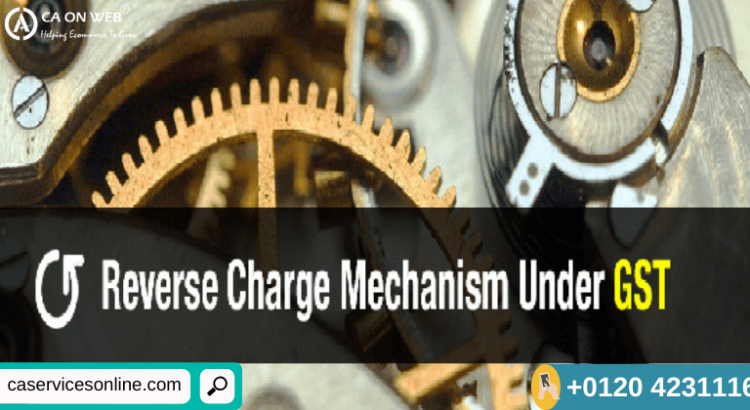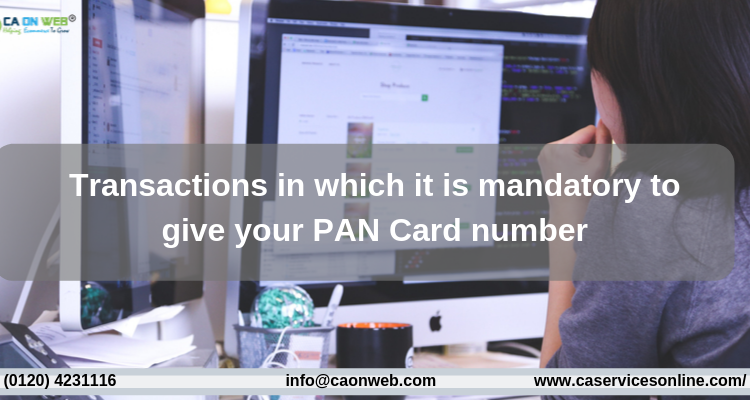GST being an indirect tax which is imposed on supply of goods & services is a comprehensive destination base tax. It is based on “One Nation One Tax” Approach which has subsumed almost every indirect taxes ate state/centre level.
Registration: A person who is required to pay tax under RCM has to mandatorily register under GST and the threshold limit of INR 40 lacs & INR 20 lacs is not applicable on this.
Read more blog: GST Department is getting stricter day by day!! Are you ready??
Input Tax Credit (ITC)?
- When Goods purchased are for personal use: ITC cannot be claimed
- When Goods purchased are for business use: ITC can be claimed
- When Goods purchased are partly for personal & partly for business use: ITC can be claimed only on the portion used for supplies.
- ITC not allowed for those supplies which are exempt from tax.
WHEN IS REVERSE CHARGE APPLICABLE?
According to section 3 of CGST act 2017, read in continuation with rule Rule46 of CGST rules, every invoice has to mention it on the top whether tax is in respect of supply on reverse charge.
: Maintenance of the accounts by a registered person.
: Reverse charge liability cannot be set off against the Input tax credit.
: Generally the supplier is liable to pay GST to the government almost in 90% of the cases, remaining 10% of the cases the liability is on the buyer to pay the GST. This creates a Reverse Charge where the liability shifts from supplier to the buyer. There are two (2) types of Reverse charge scenarios:
- When an individual buys from an unregistered manufacturer.
- When an individual buys from an e-commerce trader.
- Supply of certain goods & services as specified by CBEC.
Time of supply?
It is the point at which the liability to pay GST arise. Factors relevant for time of supply depends on the person who is liable to pay tax. Therefore, the time of supply under reverse charge mechanism (RCM) is different from that of “forward charge”.
-
Case of supply of goods
- Date of receipt of goods; or
- Date of debit as per bank account/Date of payment as per books of accounts (whichever is earlier); or
- Date following the 30 days from date of issue of invoice.
-
Case of supply of services
- Date of debit as per bank account/Date of payment as per books of accounts (whichever is earlier); or
- Date following the 60 days from date of issue of invoice.
Read other blogs: 37th GST Council meeting: After restructuring Corporate tax structure now a big relief for GST Taxpayers
What is the concept of self-invoicing?
“Self-Invoicing” is a concept under Reverse charge mechanism (RCM) in which the onus of preparing the invoice lies with the receiver of goods or services falling under this category.
When you have purchased from an unregistered supplier then such transaction falls under reverse charge where the duty to pay tax lies with the receiver.
This is due to the fact that your supplier cannot issue GST invoice since his business is not registered. Hence, self-invoicing becomes necessary in this case.
POPULAR ARTICLES:

